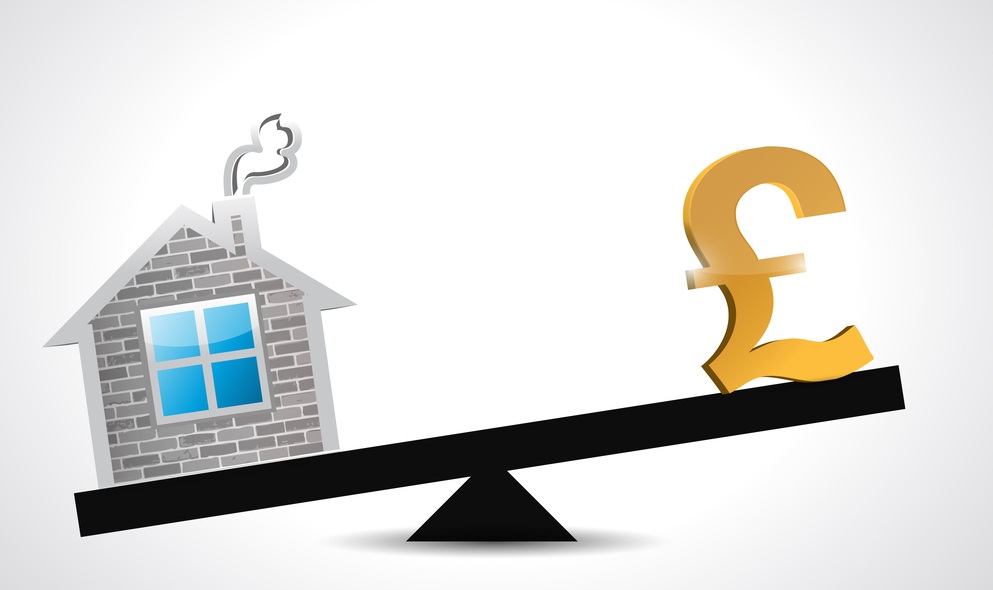Housing affordability is at its lowest level on record with house prices rising at a pace which is surpassing wages by a wide margin.
 House prices have soared by 16.8% since the start of the pandemic, according to the Halifax House Price Index, whilst average incomes have increased by just 2.7%.
House prices have soared by 16.8% since the start of the pandemic, according to the Halifax House Price Index, whilst average incomes have increased by just 2.7%.
It means, said Halifax, the house price income ratio was at 7.1. As such, the cost of a typical home in the UK is now 7.1 times average earnings, the highest – or least affordable – level ever recorded.
Yet, despite this – during this time – there has been high market activity and first-time buyer numbers have risen at a record rate of 35%, to reach an all-time high.
First-time buyer affordability
Indeed, according to Halifax, first-time buyer homes are currently 5.6 times higher than average earnings. This compares to 8.5 times for home movers.
Halifax suggested many of these first-time buyers will have benefited from being joint applicants or beneficiaries of the Bank of Mum and Dad.
Andrew Asaam, mortgages director at Halifax, said: “There’s no question that the economics of buying a home have changed significantly over the last couple of years.
“Soaring property prices and slower wage growth have combined to stretch traditional measures of housing affordability.
“However, we also know from strong transaction levels that demand has remained extremely strong over that period, both from home-movers seeking bigger properties, and first-time buyers taking their first steps onto the ladder.”
How dramatic house prices rises may help with remortgaging
Soaring house prices, whilst challenging for buyers, can be used to the benefit of those with homes already.
This is because they can offset the rise in interest rates when homeowners come to remortgage.
Alan Fitzpatrick, VP lending operations at mortgage broker, Habito, explained: “Affordability is a huge part of how lenders decide how much someone can borrow, but for remortgagers, so is loan-to-value (LTV).
“With house prices rising over the past few years, many current mortgage holders will find that when they come to remortgage, they are now in a lower LTV band of mortgage rate.
“For some, this increase in homeowner equity is just about enough to offset the increases in interest rates – meaning that people who drop down LTV bands could remortgage to a similar rate they enjoyed before, though as rates continue to rise this might not be the case for long.”














